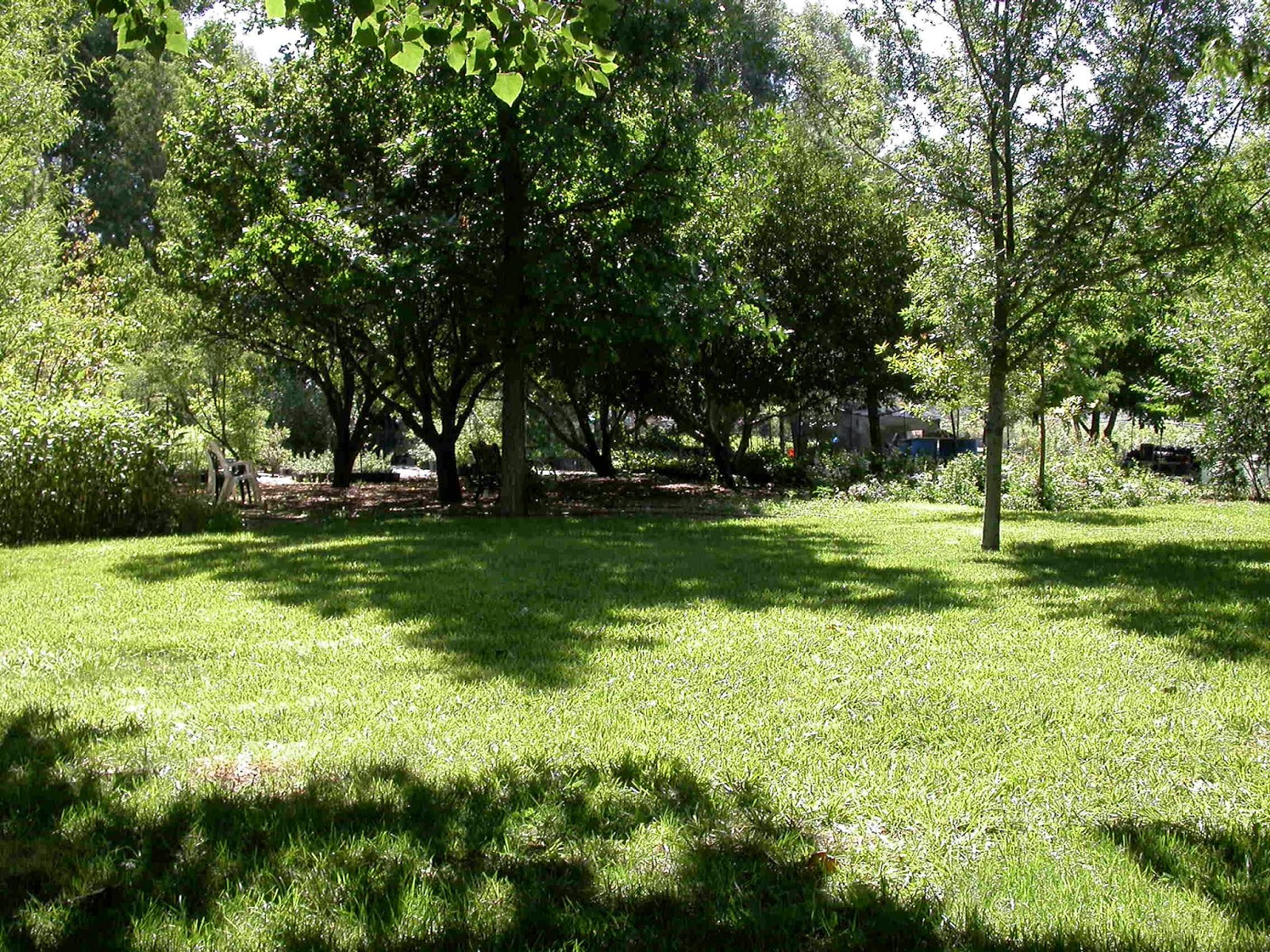You are invited to the annual Spring Garden Fair at Arboretum Tomé on Saturday, May 31st.
The Garden Fair will host two soil expert lectures beginning at 10 a.m.
New Mexico State University agronomist Rudy Garcia, a USDA soil scientist with the National Resource Conservation Service, will discuss how to improve local soils to grow healthier, more nutritious crops, more sustainable lawns and robust trees.
“He will talk more about the science of how soils work and how to fix them and make them healthier"
Kim Costion, of Ashokala Gardens in Snowflake, Ariz.,, will tell her personal story how she converted a desert soil into a fertile farm able to feed many families.
“She will show you pictures of building three to four inches of black topsoil in three years, even out in the desert”.
Follow this link to read more… http://www.news-bulletin.com/2014/05/21/news/spring-garden-party-to-provide-education-entertainment.html


Comments